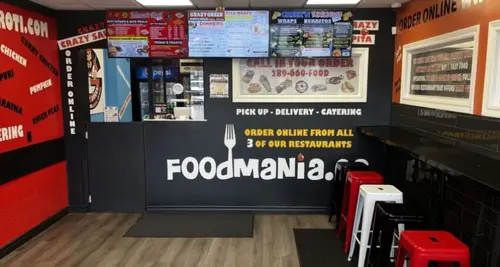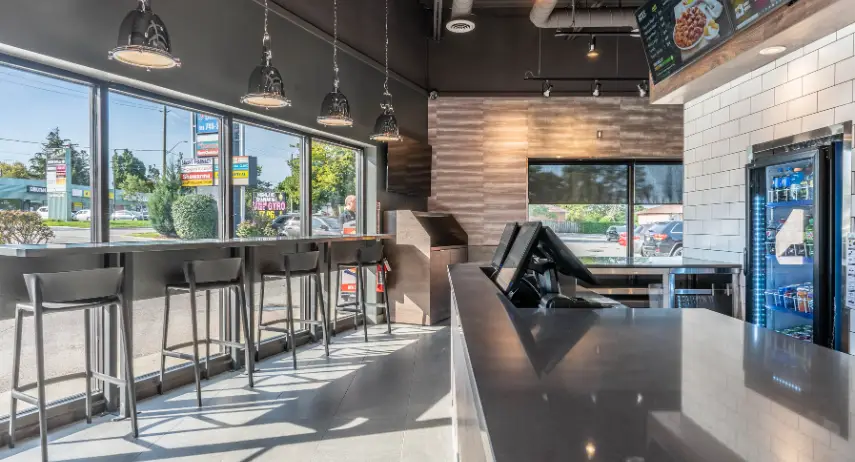Adapting a Franchise for Global Markets

Expanding a franchise internationally is a powerful way to grow brand presence, capture new customer bases, and build long-term revenue streams. However, adapting a franchise for global markets requires more than simply replicating a domestic business model overseas. Entrepreneurs must consider cultural differences, consumer behavior, local laws, supply chain dynamics, and operational strategies to achieve international franchise success.
In this guide, we’ll explore the key steps to successfully franchise a business globally, highlight the challenges of international expansion, and provide actionable tips to ensure smooth market adaptation.
Why Franchises Expand Internationally
Franchises expand globally to tap into untapped markets, achieve economies of scale, and diversify revenue sources. Global franchising allows brands to build recognition across continents while providing franchisees with proven systems and support.
Some of the top reasons to expand a franchise internationally include:
-
Access to a larger customer base.
-
Diversification across economies.
-
Leveraging established brand reputation.
-
Increased profitability potential.
-
Meeting demand for Western or global brands in emerging economies.
Key Challenges in Adapting a Franchise for Global Markets
While international franchising offers massive growth opportunities, businesses must navigate challenges carefully to avoid costly mistakes.
1. Cultural and Consumer Differences
A franchise that succeeds in one country may not resonate in another. For example, menu adaptations are common in the fast-food industry to respect local tastes and dietary restrictions.
2. Legal and Regulatory Barriers
Franchising laws vary by country. Entrepreneurs must comply with franchise disclosure requirements, taxation rules, and intellectual property protections.
3. Supply Chain and Logistics
Managing a reliable supply chain for raw materials and products across borders can be challenging. Adapting local sourcing strategies often becomes necessary.
4. Operational Training and Support
Global franchisees may need customized training programs tailored to local language, workforce culture, and business practices.
Best Strategies for Adapting a Franchise for Global Markets
1. Conduct In-Depth Market Research
Before entering a new country, conduct detailed market analysis. Focus on:
-
Local demand for your product/service.
-
Competitor landscape.
-
Consumer purchasing behavior.
-
Economic stability and growth potential.
Long-tail keyword tip: “How to research international franchise opportunities effectively”
2. Customize Your Products and Services
Localization is key. Successful franchises like McDonald’s, Starbucks, and Domino’s thrive globally because they adapt menus and services to fit cultural preferences while maintaining core brand identity.
Example: In India, McDonald’s offers vegetarian options to align with local eating habits.
3. Build Strong Legal Frameworks
Hire local legal experts to navigate franchise agreements, intellectual property protection, and compliance with foreign investment rules.
Long-tail keyword tip: “International franchise legal compliance strategies”
4. Develop a Global Training Program
Ensure franchisees receive consistent training while adapting content to regional contexts. Incorporate language translations, culturally sensitive customer service practices, and localized marketing strategies.
5. Leverage Technology and Digital Marketing
Use global e-commerce platforms, social media marketing, and mobile apps to connect with international customers. Tailor your marketing campaigns to reflect local trends and values.
Long-tail keyword tip: “Digital marketing strategies for international franchise expansion”
Case Studies of Global Franchise Adaptation
-
KFC in China: Adjusted its menu with congee, egg tarts, and local flavors to become a household name.
-
Starbucks in Japan: Focused on creating a tea-friendly menu alongside coffee, catering to local preferences.
-
Domino’s in France: Modified pizza toppings and dining experience to reflect French culinary traditions.
These examples highlight how localization in franchising is a major factor in global success.
Benefits of Adapting a Franchise for Global Markets
-
Increased brand recognition worldwide.
-
Competitive advantage in new regions.
-
Access to innovative ideas from diverse markets.
-
Improved economies of scale and efficiency.
-
Higher revenue potential with multiple income streams.
Final Thoughts
Adapting a franchise for global markets is a strategic process that demands research, flexibility, and cultural sensitivity. Entrepreneurs who invest in market research, product localization, legal compliance, and global training systems can unlock enormous opportunities for brand growth.






